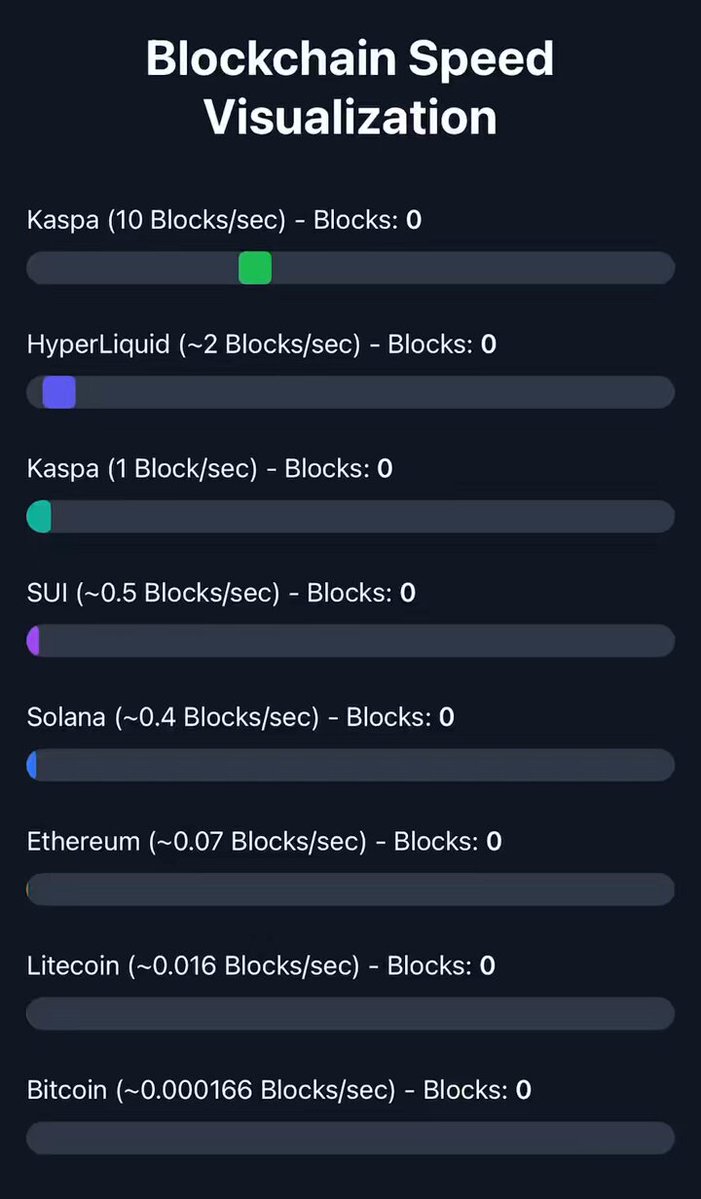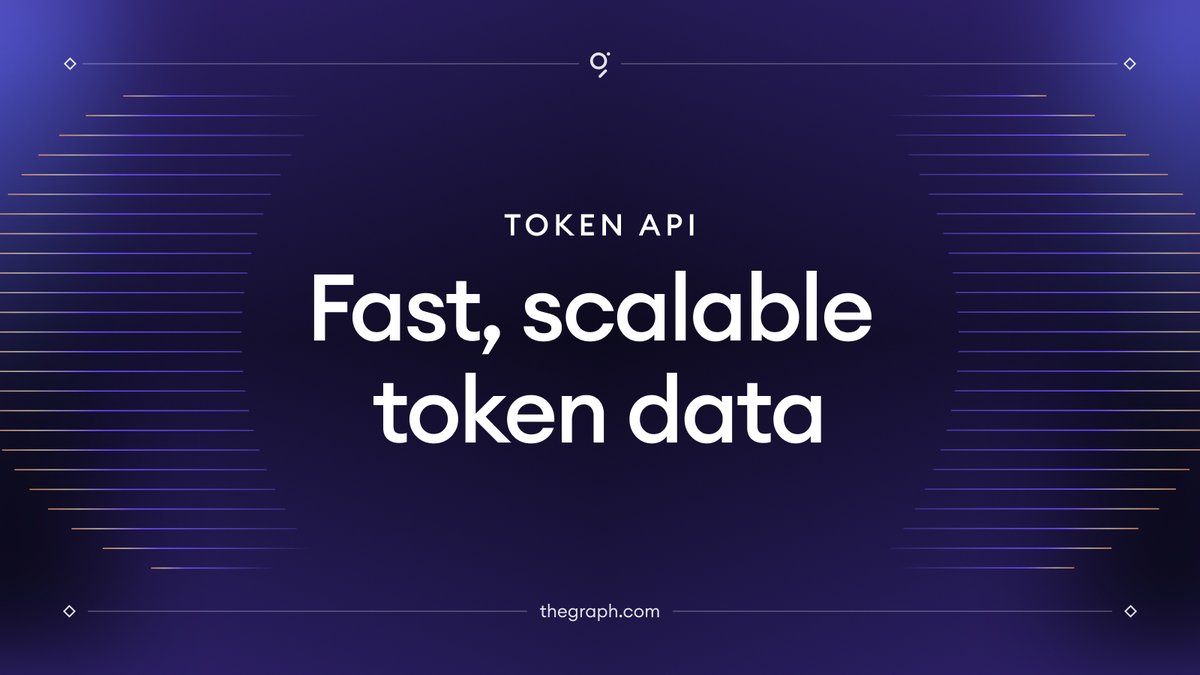When it comes to moving crypto assets quickly and reliably, not all blockchains are created equal. In 2024, the race for the fastest wallet-to-wallet transfer speeds has intensified, with Kaspa, Aptos, Sei, Tron, and Avalanche emerging as the leading contenders. Each of these networks claims impressive transaction metrics and boasts a loyal user base eager for instant value transfers. But how do they actually stack up against each other in real-world usage?

Why Wallet-to-Wallet Speed Matters in Crypto
For power users—traders, NFT collectors, or anyone managing digital assets—the difference between a two-second confirmation and a ten-second wait can be critical. Whether you’re arbitraging between exchanges or sending funds to friends across the globe, chains that deliver near-instant finality offer a tangible advantage. The five blockchains we’re comparing today have all made headlines for their rapid settlement times and innovative consensus mechanisms.
Top 5 Blockchains for Lightning-Fast Transfers
-

Kaspa: Renowned for its blockDAG architecture, Kaspa delivers near-instant confirmations and high throughput, making it a standout for rapid wallet-to-wallet transfers.
-

Aptos: Leveraging the Move programming language and parallel execution, Aptos achieves sub-second finality and impressive scalability for quick crypto transactions.
-

Sei: Designed as a decentralized trading layer, Sei boasts fast finality (often under 400ms) and high throughput, optimizing wallet transfers for traders and users alike.
-

Tron: With its high TPS (transactions per second) and low fees, Tron is a popular choice for efficient peer-to-peer transfers across its vast ecosystem.
-

Avalanche: Utilizing its unique consensus protocol, Avalanche offers blazing-fast finality (often under 2 seconds), making wallet-to-wallet transfers swift and reliable.
The Contenders: Kaspa vs. Aptos vs. Sei vs. Tron vs. Avalanche
Let’s break down what sets each network apart:
- Kaspa: Built on a DAG-based protocol (GHOSTDAG), Kaspa is celebrated for its sub-second block times—often cited as low as 0.1 seconds—and parallel block processing that virtually eliminates network congestion.
- Aptos: Leveraging the Move programming language and a novel parallel execution engine (Block-STM), Aptos boasts theoretical throughput up to 160,000 transactions per second (TPS) and consistently low latency.
- Sei: Focused on high-frequency trading use cases within DeFi, Sei employs parallel order execution to minimize bottlenecks—making it an intriguing option for those who demand both speed and reliability.
- Tron: A stalwart in the fast-transfer arena since its launch in 2017, Tron’s delegated proof-of-stake (DPoS) consensus delivers high TPS with minimal fees—earning it broad adoption in remittances and gaming.
- Avalanche: With its Avalanche consensus mechanism and subnets architecture, this chain combines rapid finality (often under two seconds) with flexibility for custom dApps and institutional use cases.
Pushing the Limits: Real-World Speed Tests
Theoretical TPS numbers are impressive—but how do these networks perform during actual wallet-to-wallet transfers? Let’s look at some recent benchmark data from community experiments and independent testers:
Average Wallet-to-Wallet Transfer Times for Leading Blockchains (2024)
| Blockchain | Average Transfer Time (Seconds) |
|---|---|
| Kaspa | 1 |
| Aptos | 2 |
| Sei | 2 |
| Tron | 3 |
| Avalanche | 5 |
The numbers reveal that while all five contenders offer fast transactions compared to older chains like Bitcoin or Ethereum, there are notable differences when you dig into live usage scenarios. For instance:
- Kaspa consistently delivers sub-two-second confirmations even during periods of heavy network load.
- Aptos thrives in environments demanding both speed and programmability but may see slight delays during peak activity due to validator dynamics.
- Tron remains a favorite for low-cost international transfers thanks to reliable performance even at scale.






